Boxes is the GNOME application for running virtual machines. Recently Boxes added a new feature that makes it easier to run different Linux distributions. You can now automatically install these distros in Boxes, as well as operating systems like FreeBSD and FreeDOS. The list even includes Red Hat Enterprise Linux. The Red Hat Developer Program includes a no-cost subscription to Red Hat Enterprise Linux. With a Red Hat Developer account, Boxes can automatically set up a RHEL virtual machine entitled to the Developer Suite subscription. Here’s how it works.
Red Hat Enterprise Linux
To create a Red Hat Enterprise Linux virtual machine, launch Boxes and click New. Select Download an OS from the source selection list. At the top, pick Red Hat Enterprise Linux. This opens a web form at developers.redhat.com. Sign in with an existing Red Hat Developer Account, or create a new one.
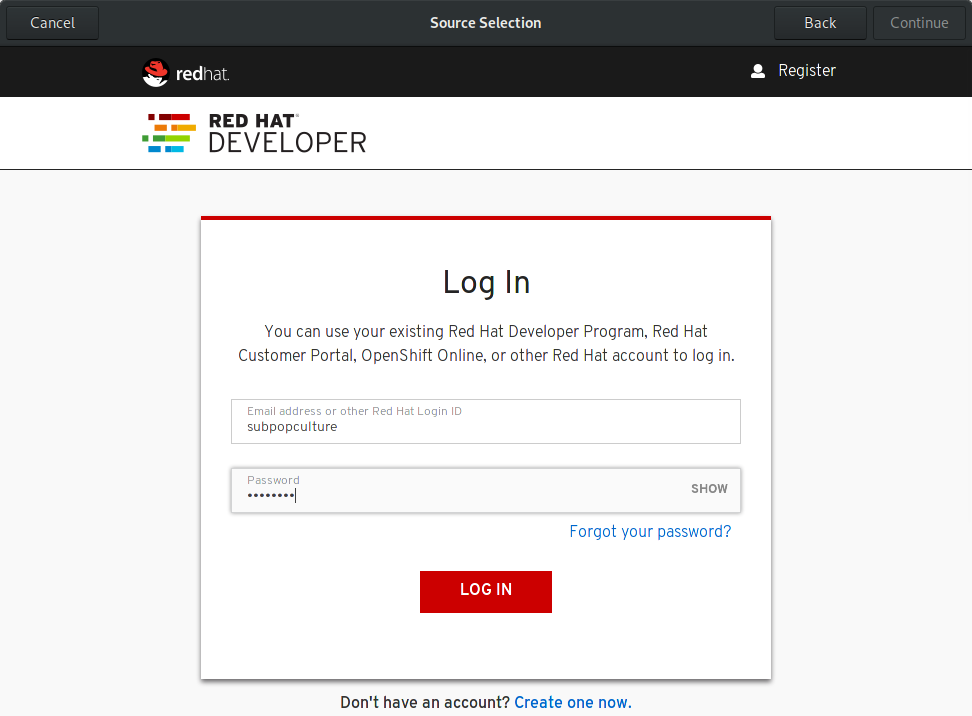
If this is a new account, Boxes requires some additional information before continuing. This step is required to enable the Developer Subscription on the account. Be sure to accept the Terms & Conditions now too. This saves a step later during registration.
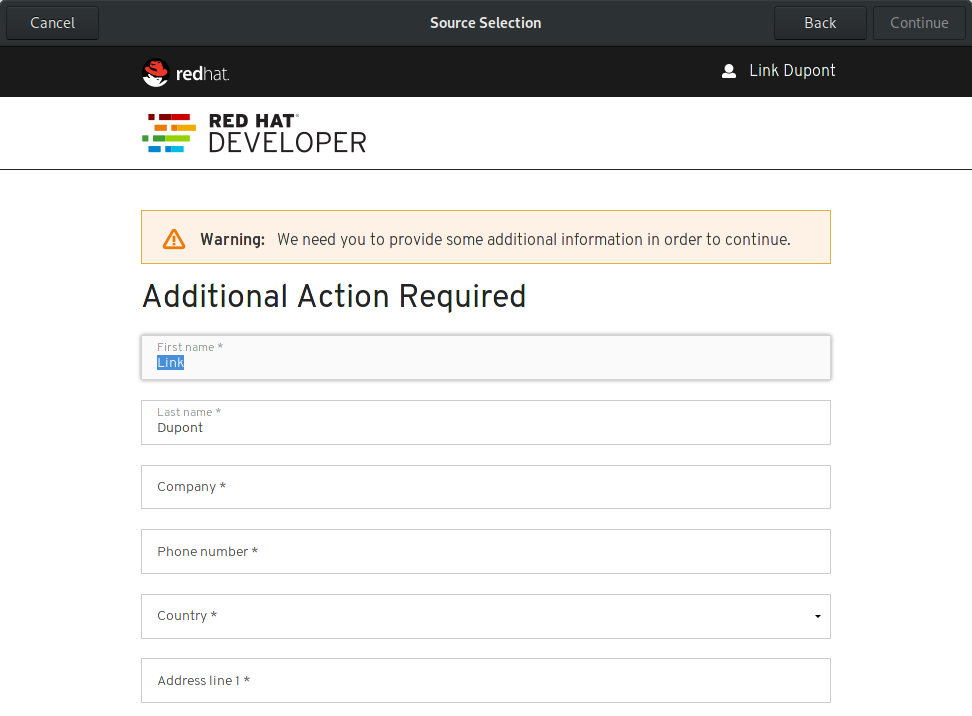
Click Submit and the installation disk image starts to download. The download can take a while, depending on your Internet connection. This is a great time to go fix a cup of tea or coffee!
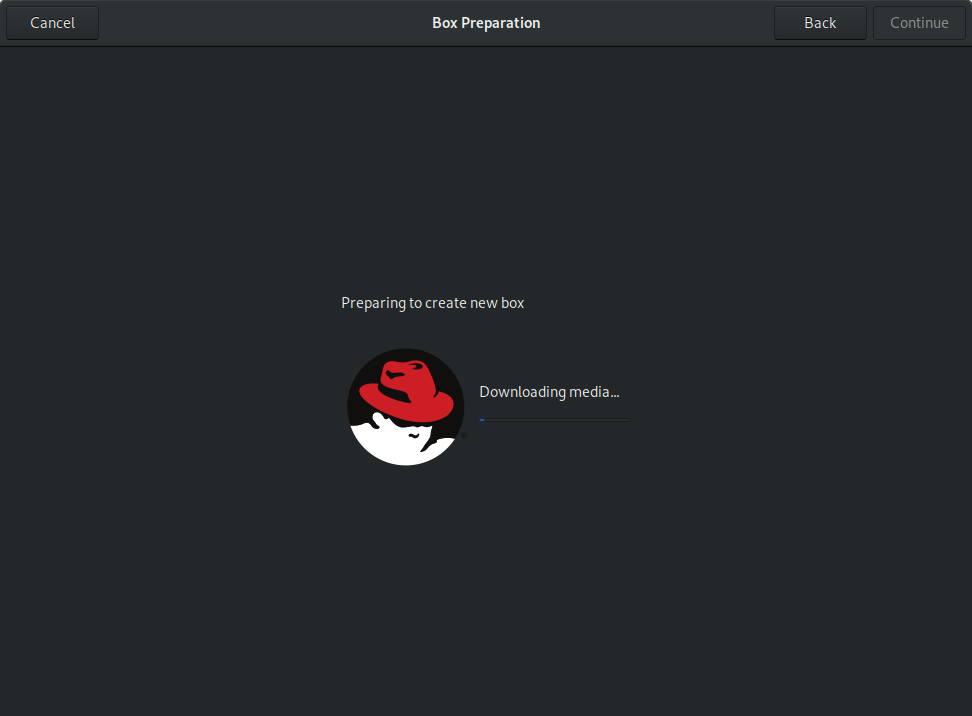
Once the media has downloaded (conveniently to ~/Downloads), Boxes offers to perform an Express Install. Fill in the account and password information and click Continue. Click Create after you verify the virtual machine details. The Express Install automatically performs the entire installation! (Now is a great time to enjoy a second cup of tea or coffee, if so inclined.)
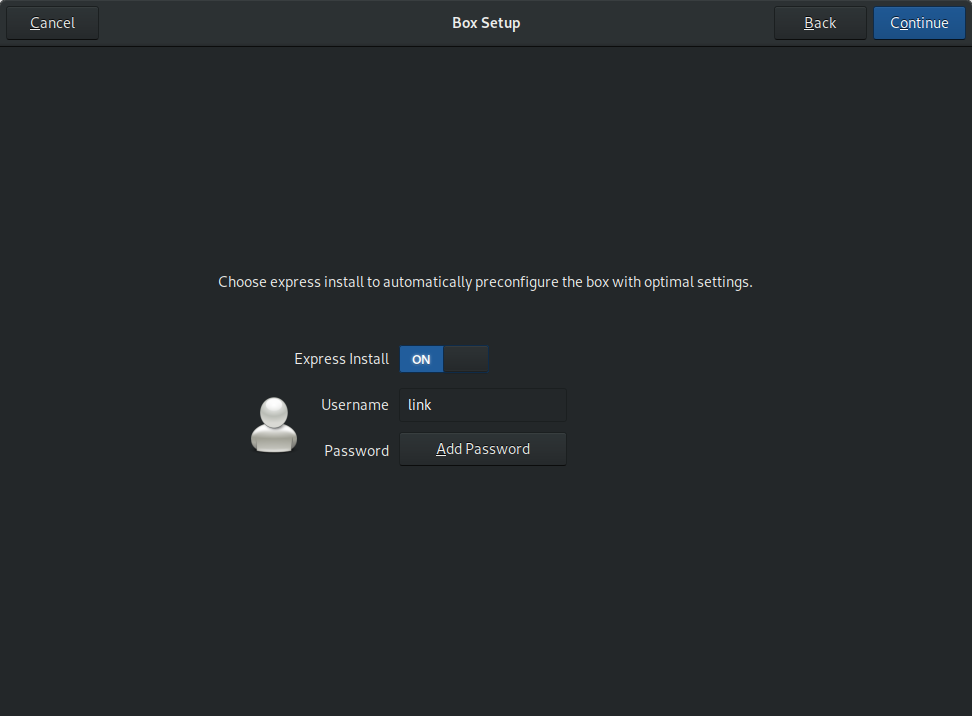
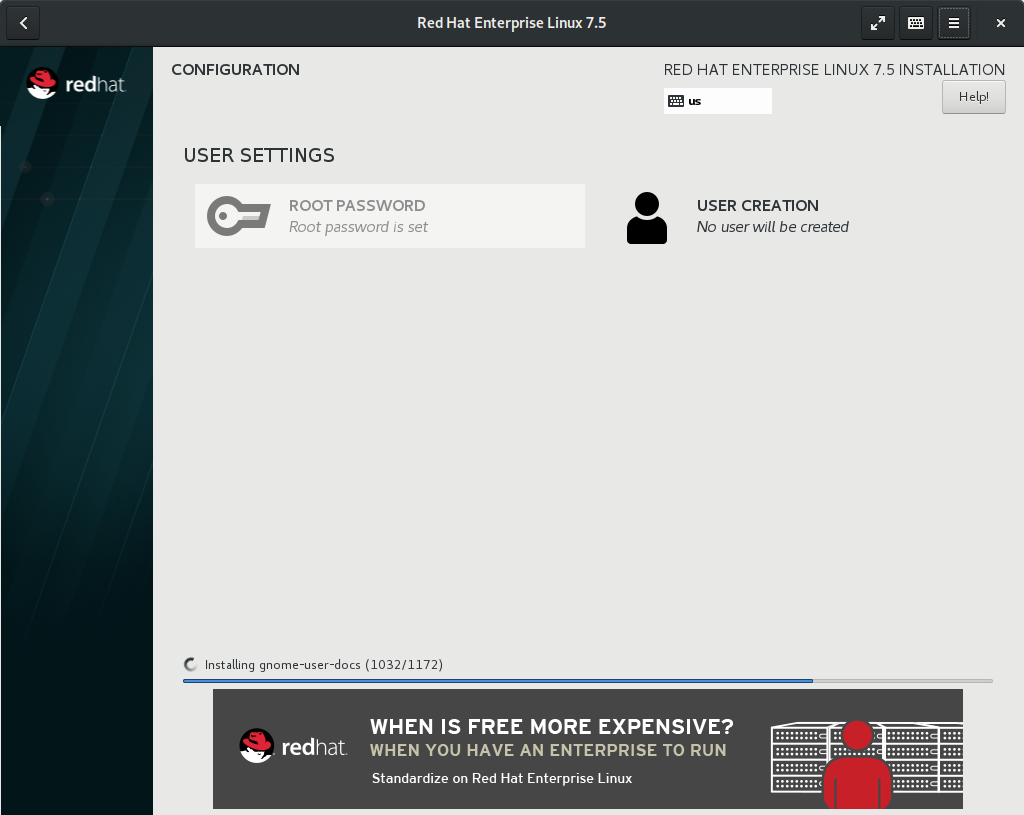
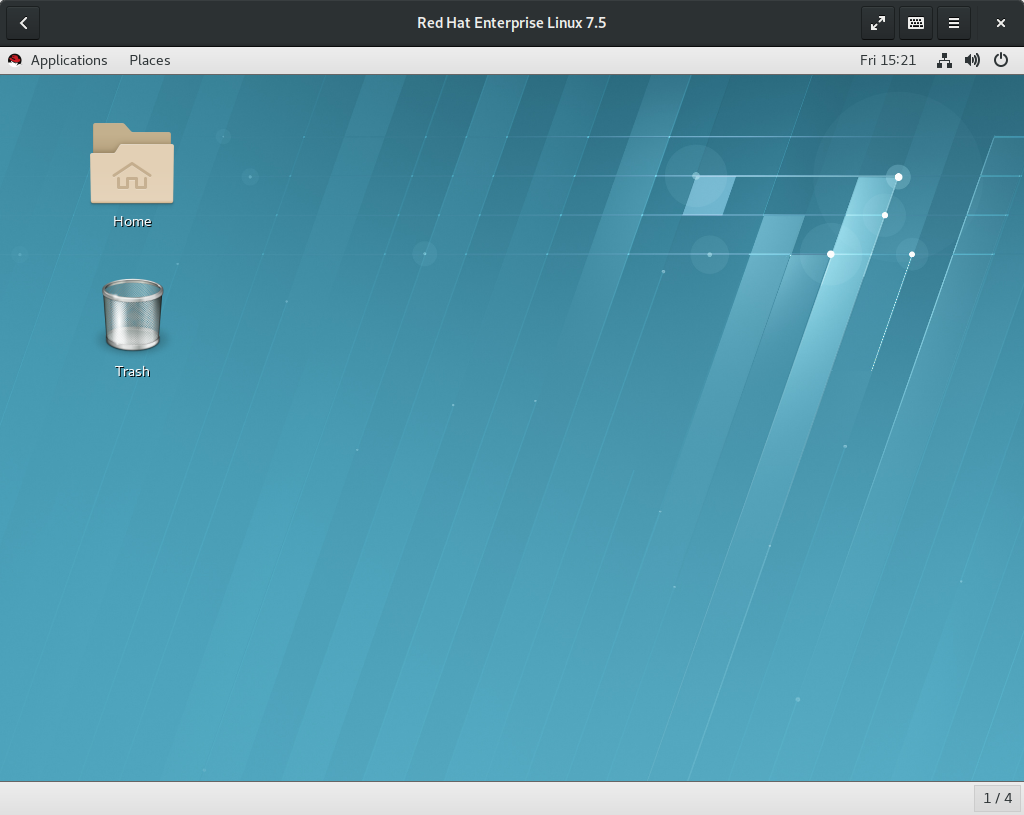
Once the installation is done, the virtual machine reboots and logs directly into the desktop. Inside the virtual machine, launch the Red Hat Subscription Manager via the Applications menu, under System Tools. Enter the root password to launch the utility.
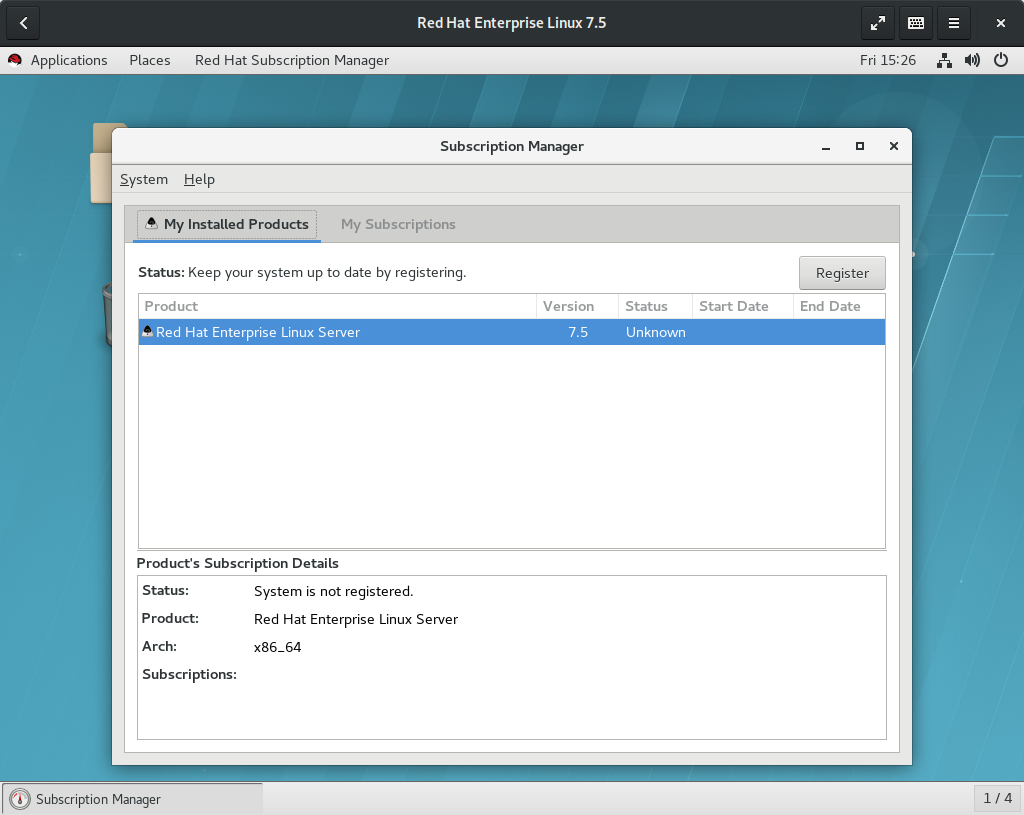
Click the Register button and follow the steps through the registration assistant. Log in with your Red Hat Developers account when prompted.
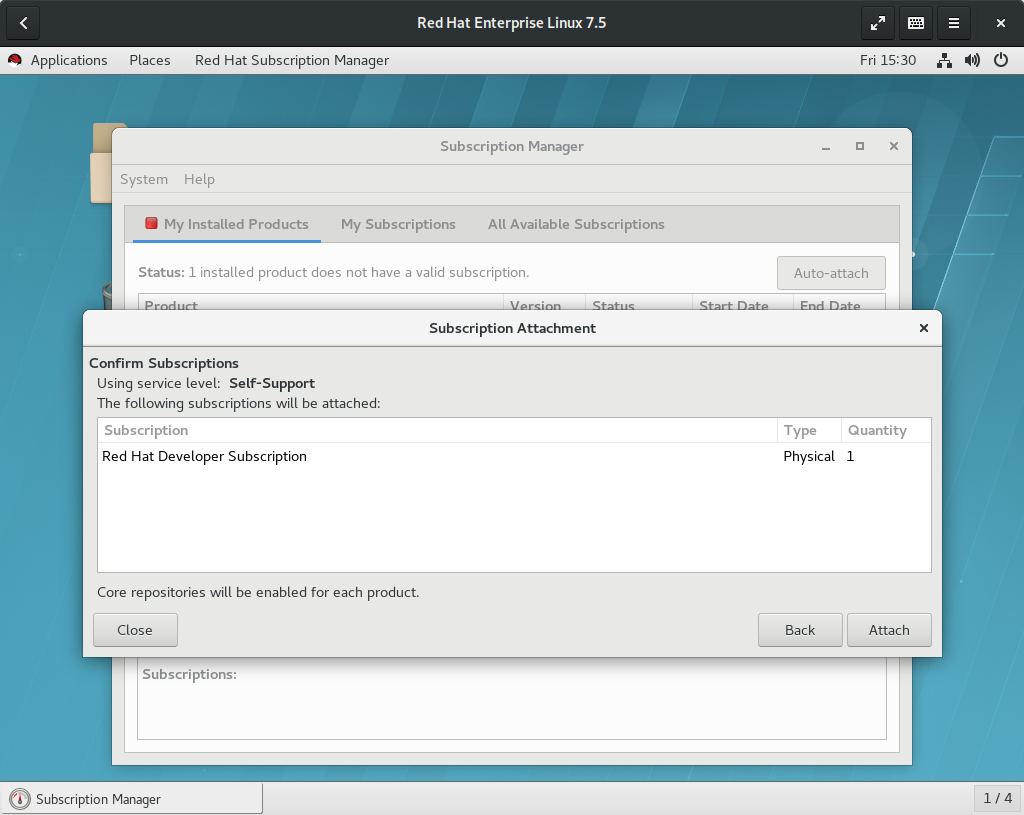
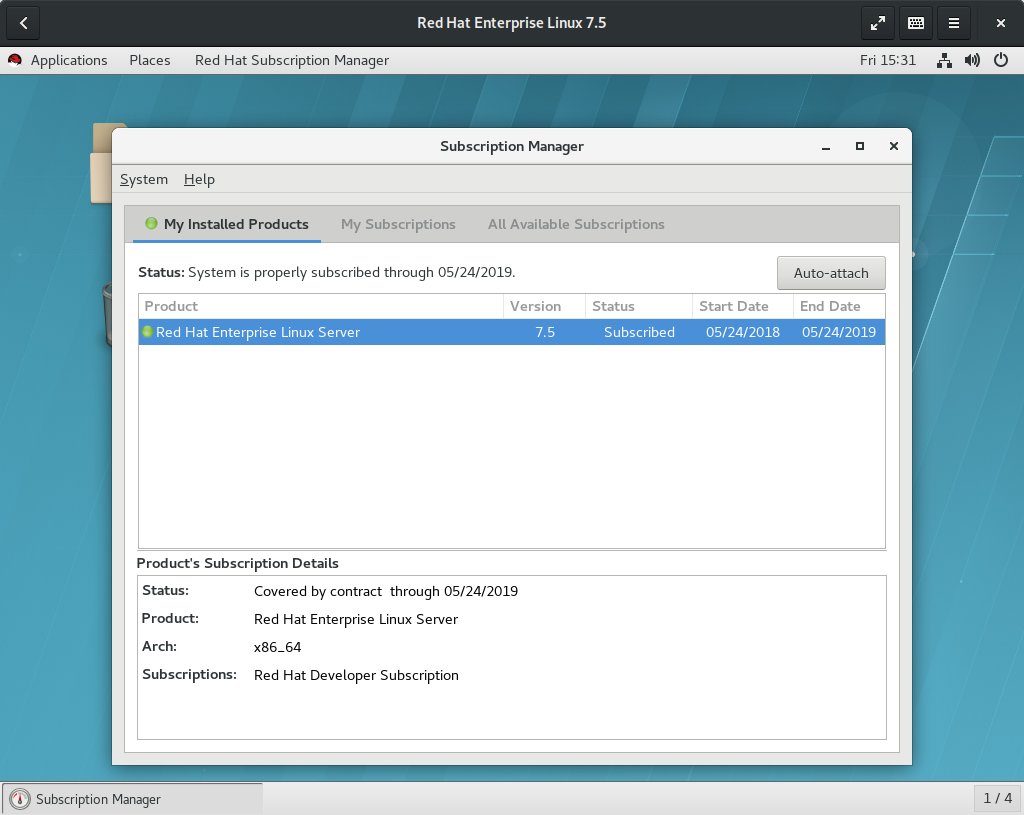
Now you can download and install updates through any normal update method, such as yum or GNOME Software.
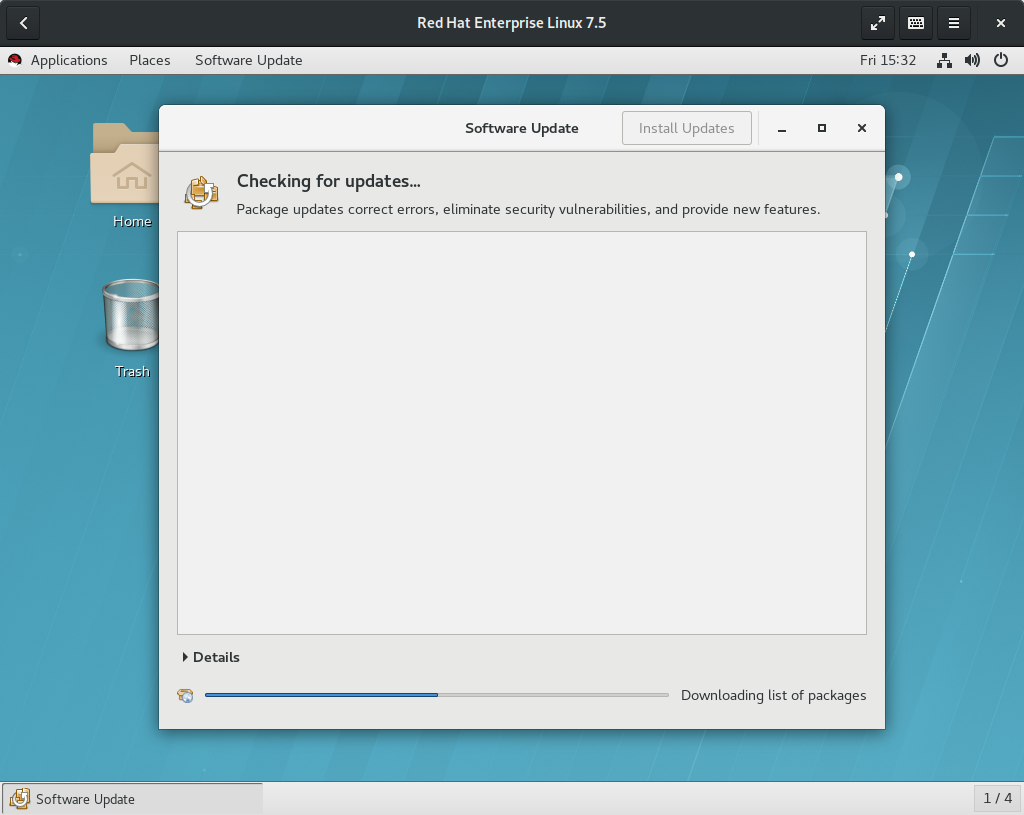
FreeDOS anyone?
Boxes can install a lot more than just Red Hat Enterprise Linux, too. As a front end to KVM and qemu, Boxes supports a wide variety of operating systems. Using libosinfo, Boxes can automatically download (and in some cases, install) quite a few different ones.
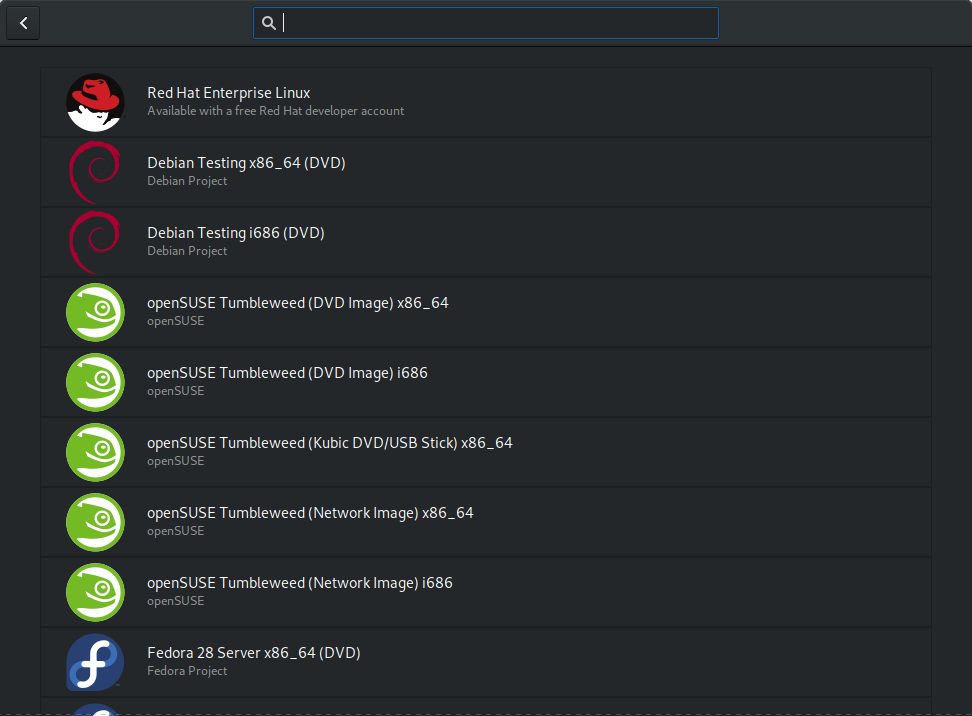
To install an OS from the list, select it and finish creating the new virtual machine. Some OSes, like FreeDOS, do not support an Express Install. In those cases the virtual machine boots from the installation media. You can then manually install.
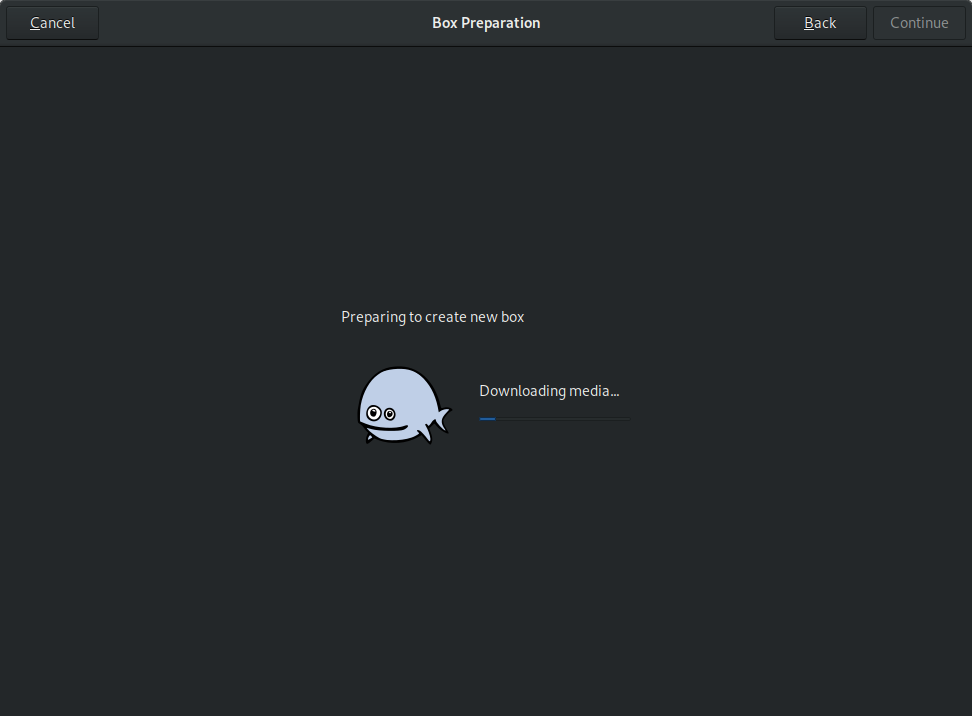
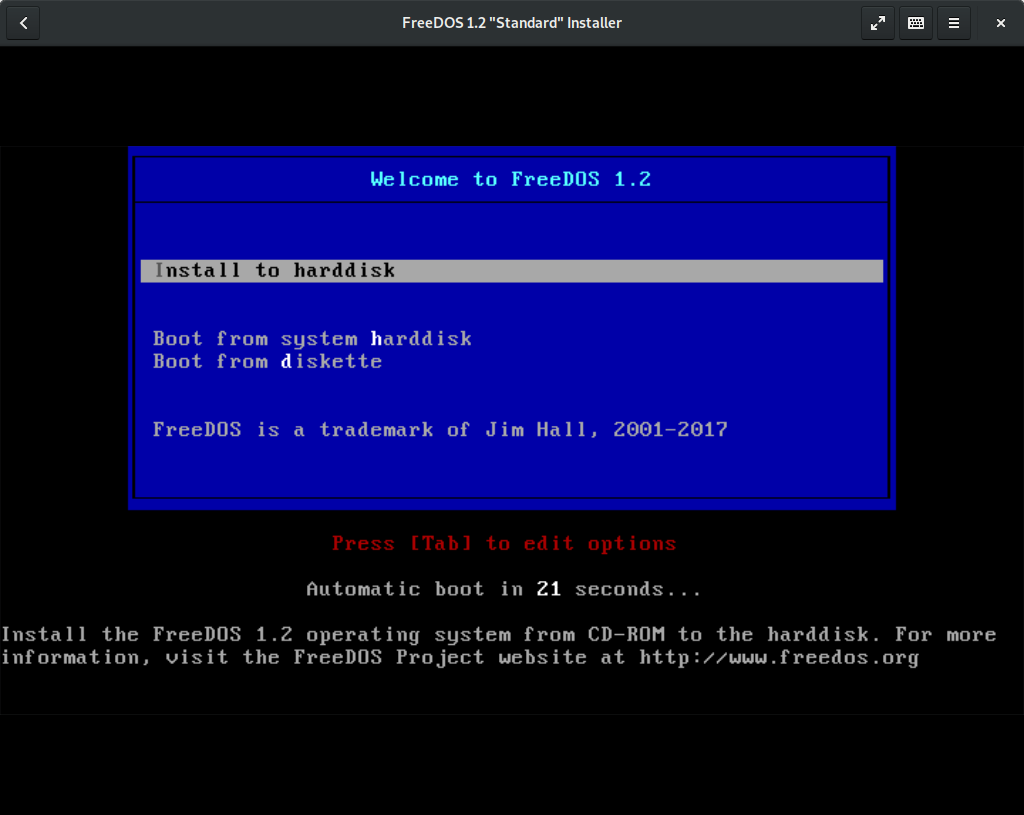
Popular operating systems on Boxes
These are just a few of the popular choices available in Boxes today.
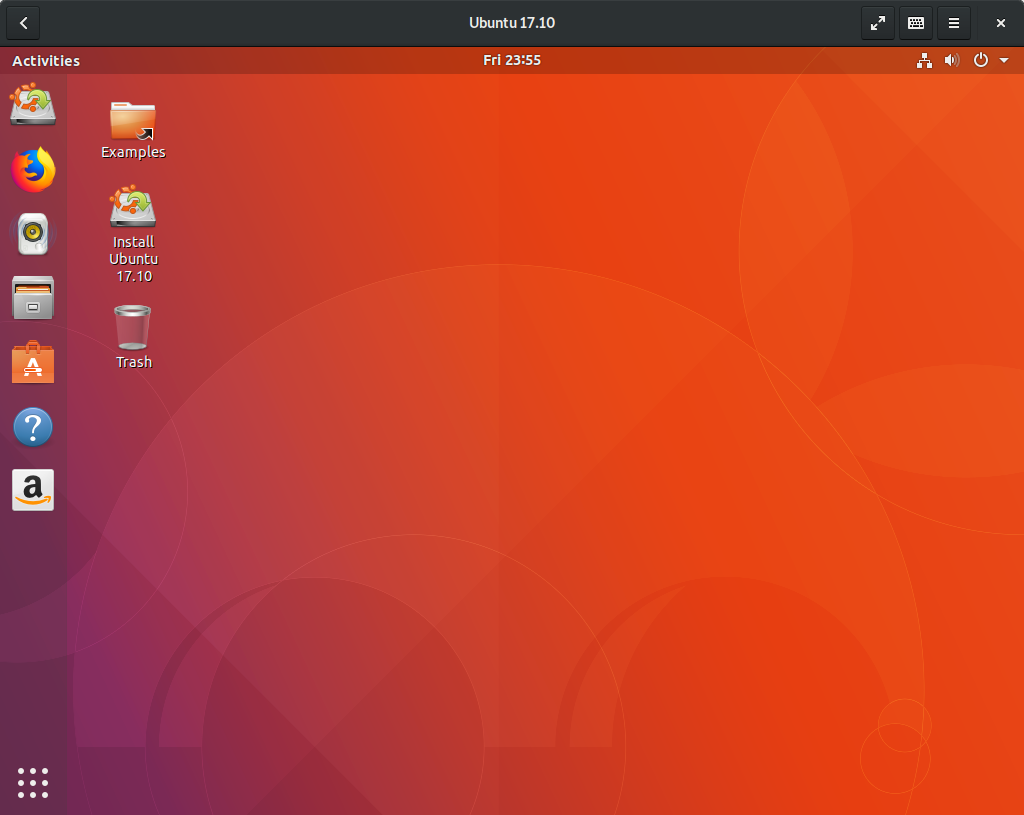
Ubuntu 17.10
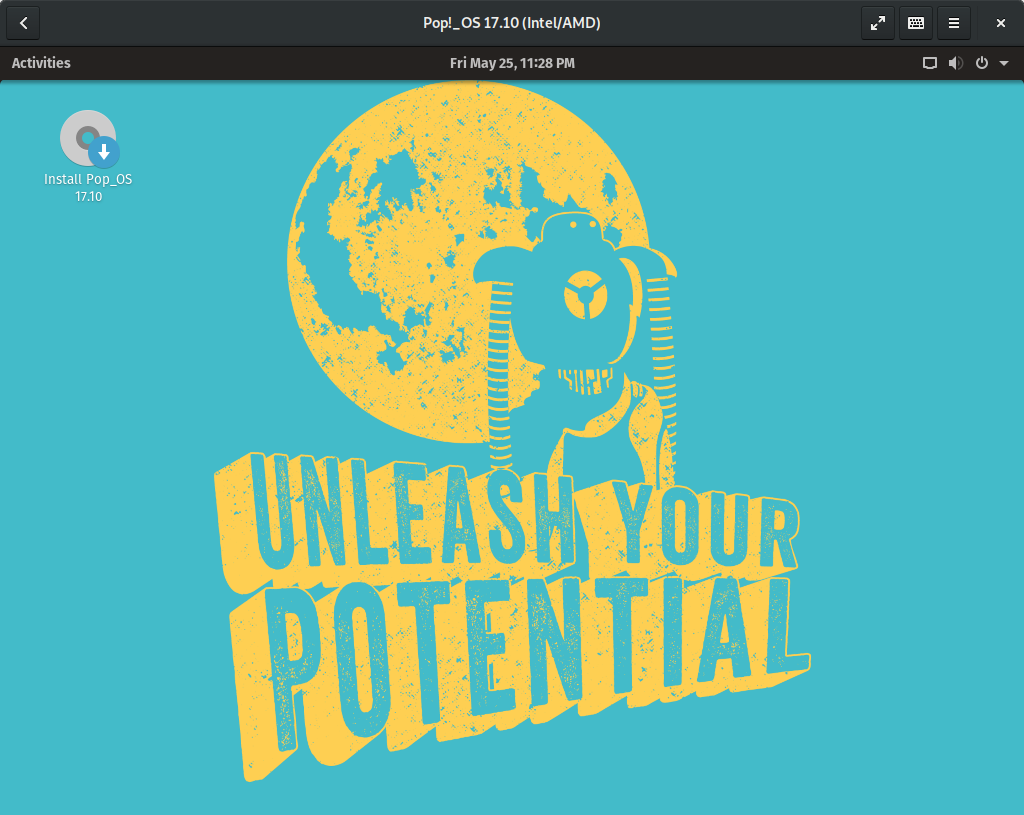
Pop!_OS 17.10
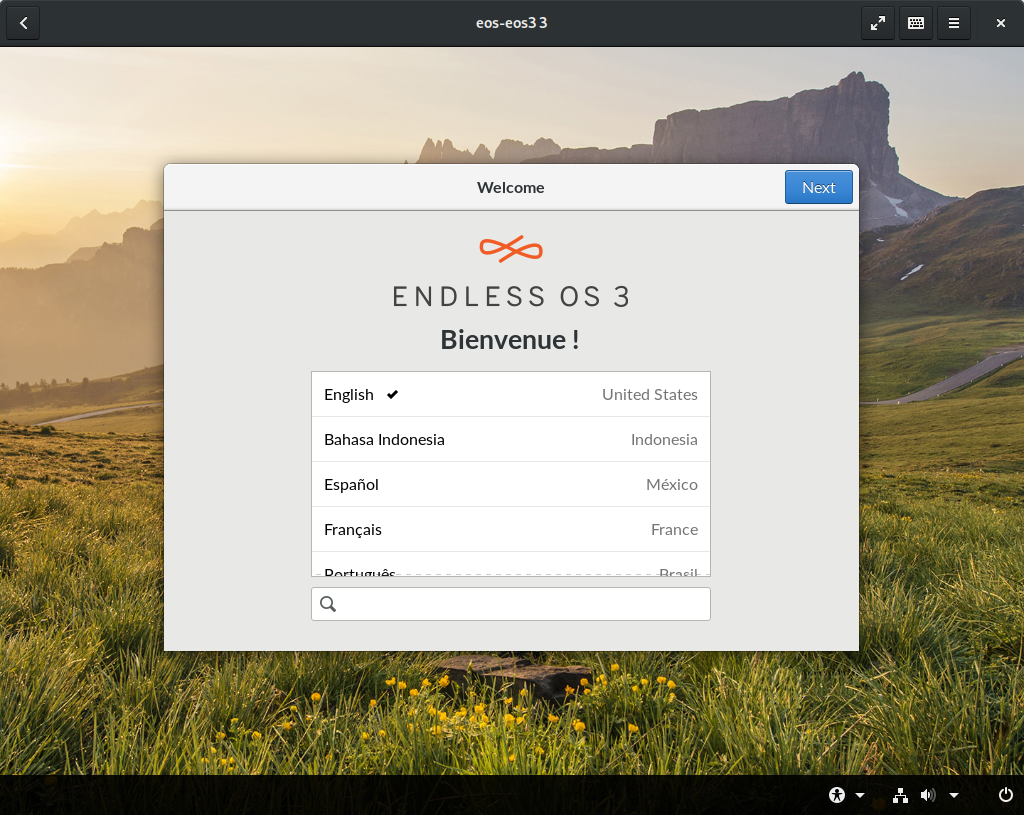
EndlessOS 3
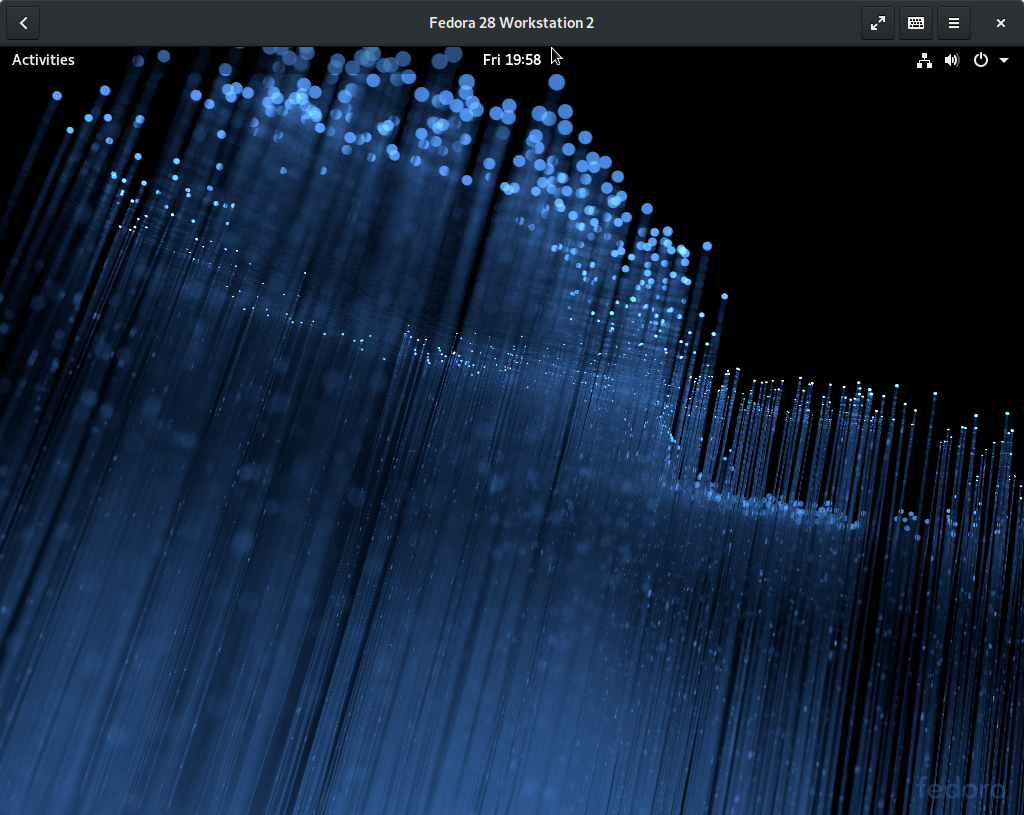
Fedora 28
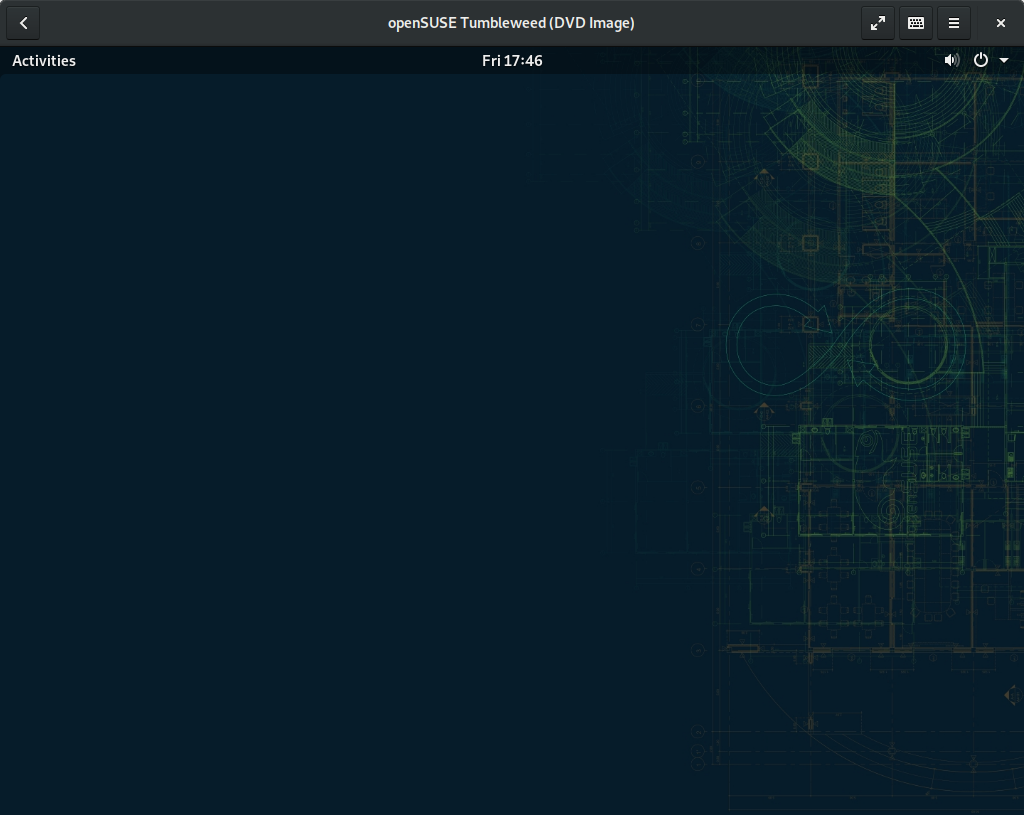
openSUSE Tumbleweed
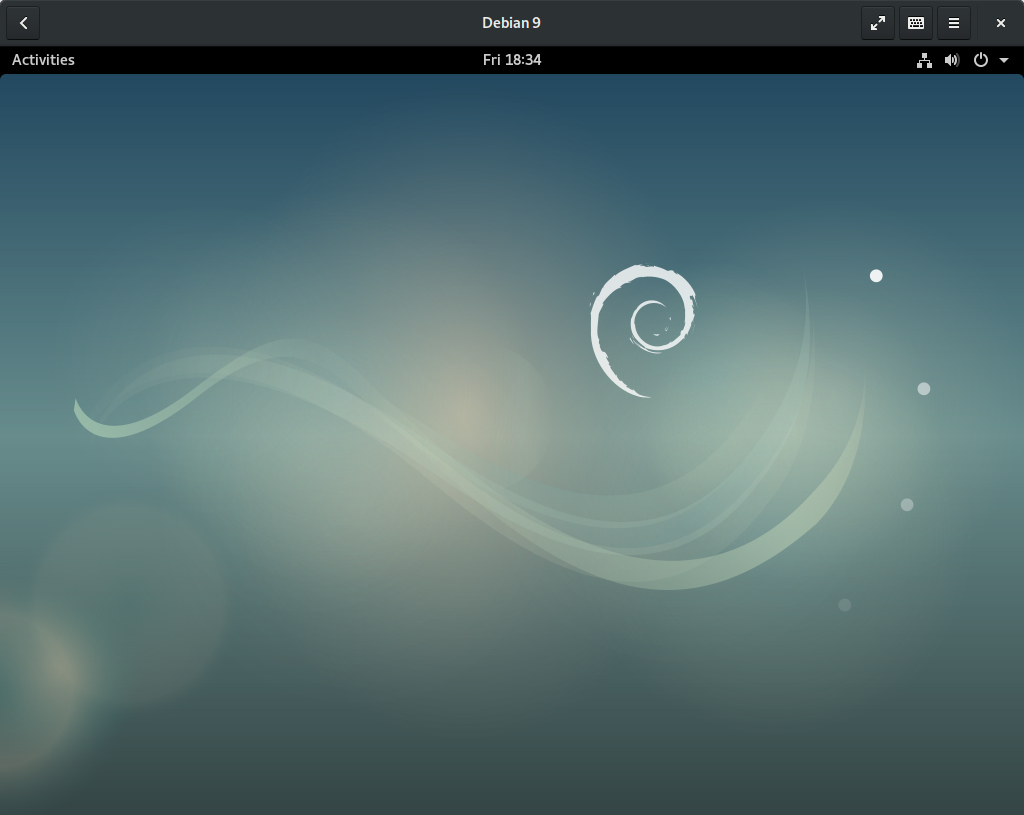
Debian 9
Fedora updates its osinfo-db package regularly. Be sure to check back frequently for new OS options.

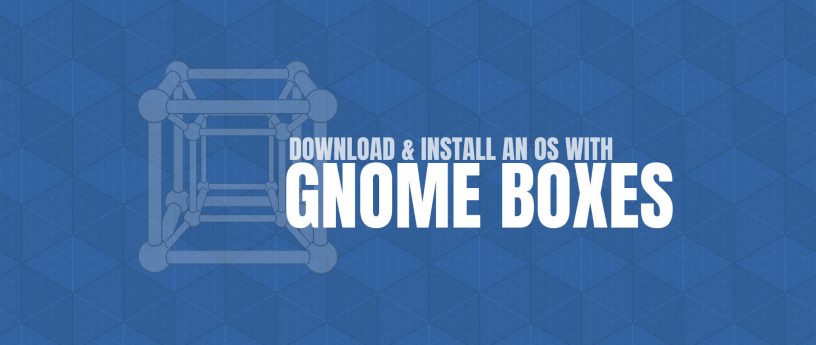
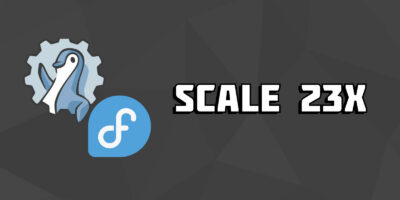



Shelmed
First it was floppies then it was CDs, then DVDs then USBs and now it’s Gnome Boxes for me!…..Works a treat – ideal for the distro junkie 😉
Udai Bhan Kashyap
Is there a limit on number of USB devices that can be shared with Guest OS?
I have usb keyboard and mouse and when I enable my usb webcam for the guest host, it looses the mouse.
Udai Bhan Kashyap
Is there a limit on number of usb devices which can be shared with guest OS?
I am running RedHat 7.5 as host OS and windows 10 as guest OS.
I have usb mouse and keyboard and when I enable usb webcam , the windows 10 loosed mouse.
Mat Selmeci
Under “Available to Download”, I only see “Red Hat Enterprise Linux”, “Enter URL”, and “Import 3 boxes from system broker” (which imports some Vagrant VMs I made a while back). How can I find images for the other OSs mentioned on this page?
Here are my versions of osinfo:
osinfo-db-tools-1.1.0-4.fc27.x86_64
libosinfo-1.1.0-1.fc27.x86_64
osinfo-db-20180514-1.fc27.noarch
Paul W. Frields
@Mat: I think there’s a newer version of Boxes in Fedora 28. Try that.
Wun Dei
I cant complain, however it’d be cool if it supported other OS’s a la Virtualbox e.g. fortran, Opensolaris, FreeBSD, and well, if last but not least, Mac and Windows. Perhaps one day x86 and Virtualbox will be unnecessary, all running on ARM?
OppaErich
Hmm,
I tried making a FreeDOS one. Clicked new, chose the iso, booted, ran fdisk and rebooted. – “Running box FreeDOS was deleted”.
WTH ? Just one shot allowed ?